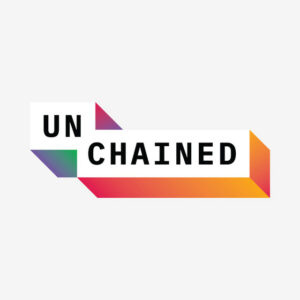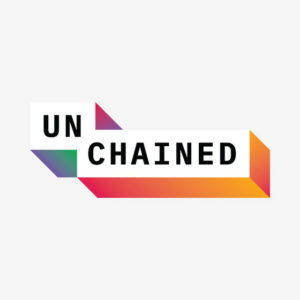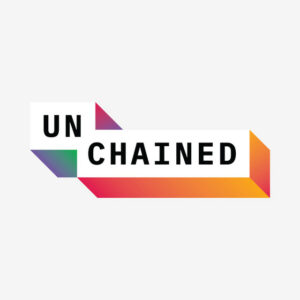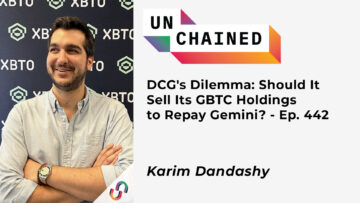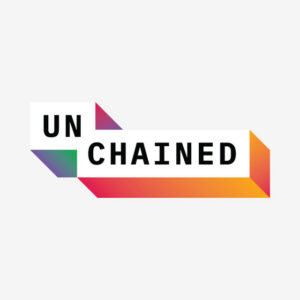Engineers at a16z are working on a Rust-based consensus client for Layer 2 blockchain Optimism.

Photo by Milad Fakurian on Unsplash
Sometimes, an orange dot is all it takes for a blockchain’s native crypto token to rally.
Layer 2 blockchain Optimism’s token OP rose 5% on Wednesday to $2.69, recovering from a selloff earlier in the day. The token’s rally was almost immediately followed by an announcement from venture capital firm a16z of its plans to build a new rollup client for Optimism.
However, some of the price action around the development had already taken place on Tuesday, after a16z engineer Noah Citron tweeted an orange dot with the words “coming soon,” which unsurprisingly set Twitter ablaze with speculation.
coming soon 🟠 pic.twitter.com/8kADUuervL
— ncitron.eth (@NoahCitron) April 18, 2023
That speculation has now been laid to rest, with a16z announcing a new rollup client in the works for the Layer 2 blockchain. The client, called Magi, will be a “blazing fast” rollup client written in the Rust programming language.
So far, Optimism has only one client, op-node, maintained by OP Labs that is written in the Go programming language. Magi would be an independently developed replacement for the op-node client, said Citron, and the fact that it is written in another language could encourage more contributors to the ecosystem.
Magi will act as the consensus client which feeds new blocks to execution clients in order to advance the chain. It will essentially perform the same core functionality as op-node, working alongside an execution node to sync to any OP Stack chain, including Optimism and Coinbase’s newly launched Layer 2 Base.
In the grand scheme of things, over reliance on any one client could compromise the decentralization of an underlying blockchain. Ethereum developers have long encouraged client diversity, asking node operators to switch to minority clients to maintain the network’s security.
Another Optimism consensus client will undoubtedly be welcomed by proponents of decentralization.
Citron noted that Magi is still very new and likely months of development away from being a feasible alternative to op-node.
“There’s a long way to go, but we’re committed to getting there,” he said, asking developers looking to contribute to reach out and share their ideas and code.
- SEO Powered Content & PR Distribution. Get Amplified Today.
- Platoblockchain. Web3 Metaverse Intelligence. Knowledge Amplified. Access Here.
- Minting the Future w Adryenn Ashley. Access Here.
- Source: https://unchainedcrypto.com/a16z-is-building-an-optimism-based-rollup-client-magi/
- :has
- :is
- a
- a16z
- Act
- Action
- advance
- After
- All
- alongside
- already
- alternative
- and
- Announcement
- Another
- any
- ARE
- around
- AS
- At
- BE
- been
- being
- blockchain
- Blocks
- build
- Building
- by
- called
- capital
- chain
- client
- clients
- code
- Coinbase’s
- committed
- compromise
- Consensus
- contribute
- contributors
- Core
- could
- crypto
- day
- Decentralization
- developed
- developers
- Development
- Diversity
- DOT
- Earlier
- ecosystem
- encourage
- encouraged
- engineer
- essentially
- ETH
- ethereum
- Ethereum developers
- execution
- feasible
- Firm
- followed
- For
- from
- functionality
- getting
- Go
- Have
- he
- HTTPS
- ideas
- immediately
- in
- Including
- independently
- IT
- ITS
- Labs
- language
- launched
- layer
- Layer 2
- likely
- Long
- looking
- maintain
- max-width
- minority
- months
- more
- native
- New
- Noah
- node
- Node Operators
- noted
- of
- on
- ONE
- OP
- operators
- Optimism
- Orange
- order
- over
- perform
- Place
- plans
- plato
- Plato Data Intelligence
- PlatoData
- price
- PRICE ACTION
- Programming
- rally
- reach
- recovering
- reliance
- REST
- rollup
- ROSE
- Rust
- Said
- same
- scheme
- security
- SellOff
- set
- Share
- some
- Soon
- speculation
- stack
- Still
- Switch
- takes
- that
- The
- their
- things
- to
- token
- true
- Tuesday
- underlying
- undoubtedly
- Unsplash
- venture
- venture capital
- Way..
- Wednesday
- welcomed
- which
- will
- with
- words
- working
- works
- would
- written
- zephyrnet

